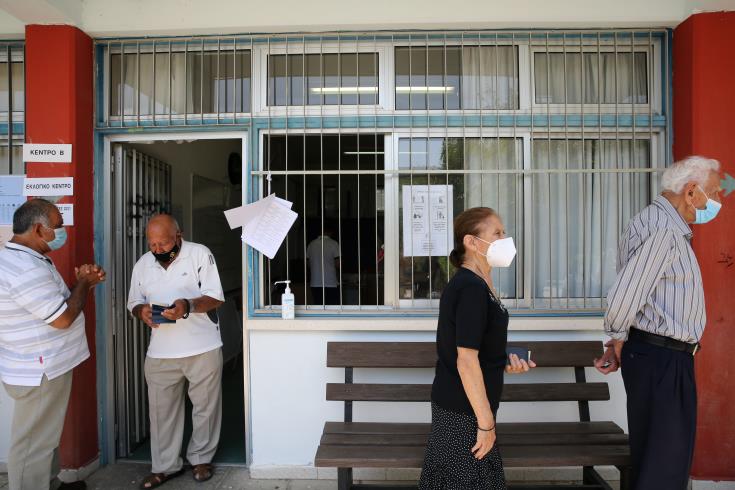Cyprus’ ruling DISY held its position as the largest party while ultranationalist ELAM gained more votes to become a major force after voting in parliamentary elections on Sunday.
ELAM – doubling their vote – is now the fourth largest party after garnering 6.8% of the vote, pipping socialist EDEK in a close fight.
Cyprus voters went to the polls Sunday amid simmering public anger over the “golden passports” corruption scandal on the Mediterranean island.
DISY held their percentage of the vote and seats despite corruption scandals, while most smaller parties failed to attract the protest vote, apart from the Democratic Front.
Analysts said DISY had held its share of the vote (28%), with the major parties unable to exploit public dissatisfaction with the government.
Opposition communists AKEL had a torrid time with a record poor performance in securing only 23% of the vote.
Ultra-nationalists looking to exploit the anti-establishment mood have also played on concerns over migration, another hot-button issue for the European Union’s most easterly member state.
ELAM improved on 2016 with over 6% of the vote and may secure more than the two seats they have now.
A record 658 candidates representing 15 parties vied for 56 seats in parliament before an electorate of more than 550,000.
According to chief returning officer Costas Constantinou, turnout for the parliamentary election hit a new low with 63.9 per cent from 66.7 per cent in 2016.
Constantinou said he was “very satisfied” with the turnout as it was conducted during the Covid-19 pandemic.
Last November, Cyprus dropped its controversial passport-for-investment scheme after Al Jazeera aired a documentary showing reporters posing as fixers for a Chinese businessman seeking a Cyprus passport despite having a criminal record.
Parliament was at the centre of the furore after speaker Demetris Syllouris and an AKEL lawmaker were secretly filmed allegedly trying to facilitate the passport for the fugitive investor.
They later resigned, although both insisted they were innocent of any wrongdoing.
The other issue is migration, as Cyprus has the highest per capita number of first-time asylum seekers in the 27-member bloc, according to the Eurostat statistics agency.
The government has said Cyprus is in a “state of emergency” due to migrant streams from war-torn Syria and elsewhere.
Unusually for Cyprus, the decades-old division between the island’s Greek and Turkish communities has played little part in this year’s election campaign.
The last round of UN-backed reunification talks collapsed in acrimony in 2017, and a UN summit in Geneva last month failed to reach an agreement on resuming talks.
DISY may remain the largest in parliament but again without a majority, forcing President Nicos Anastasiades to continue to rule through a minority government.
Cyprus has an executive system of government with the president elected separately, but the vote will gauge the popularity of Anastasiades, whose term expires in 2023.










